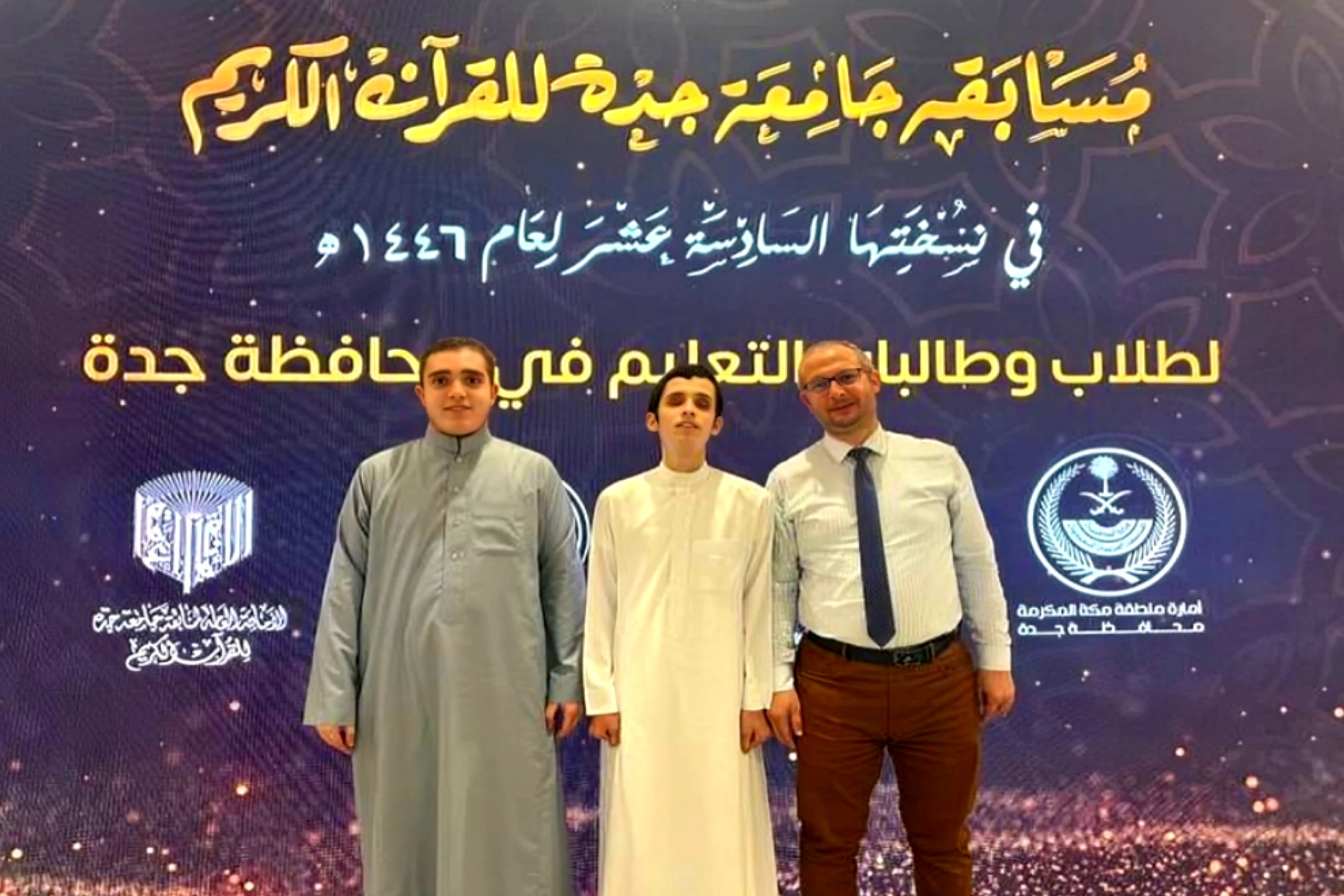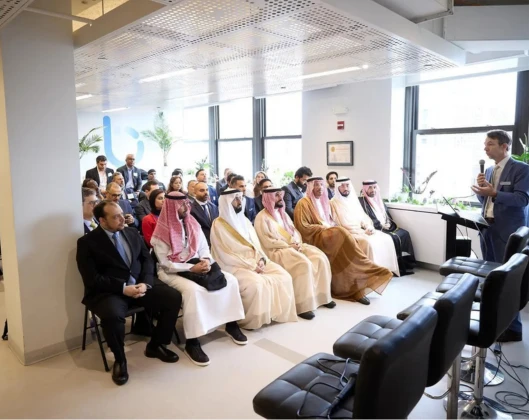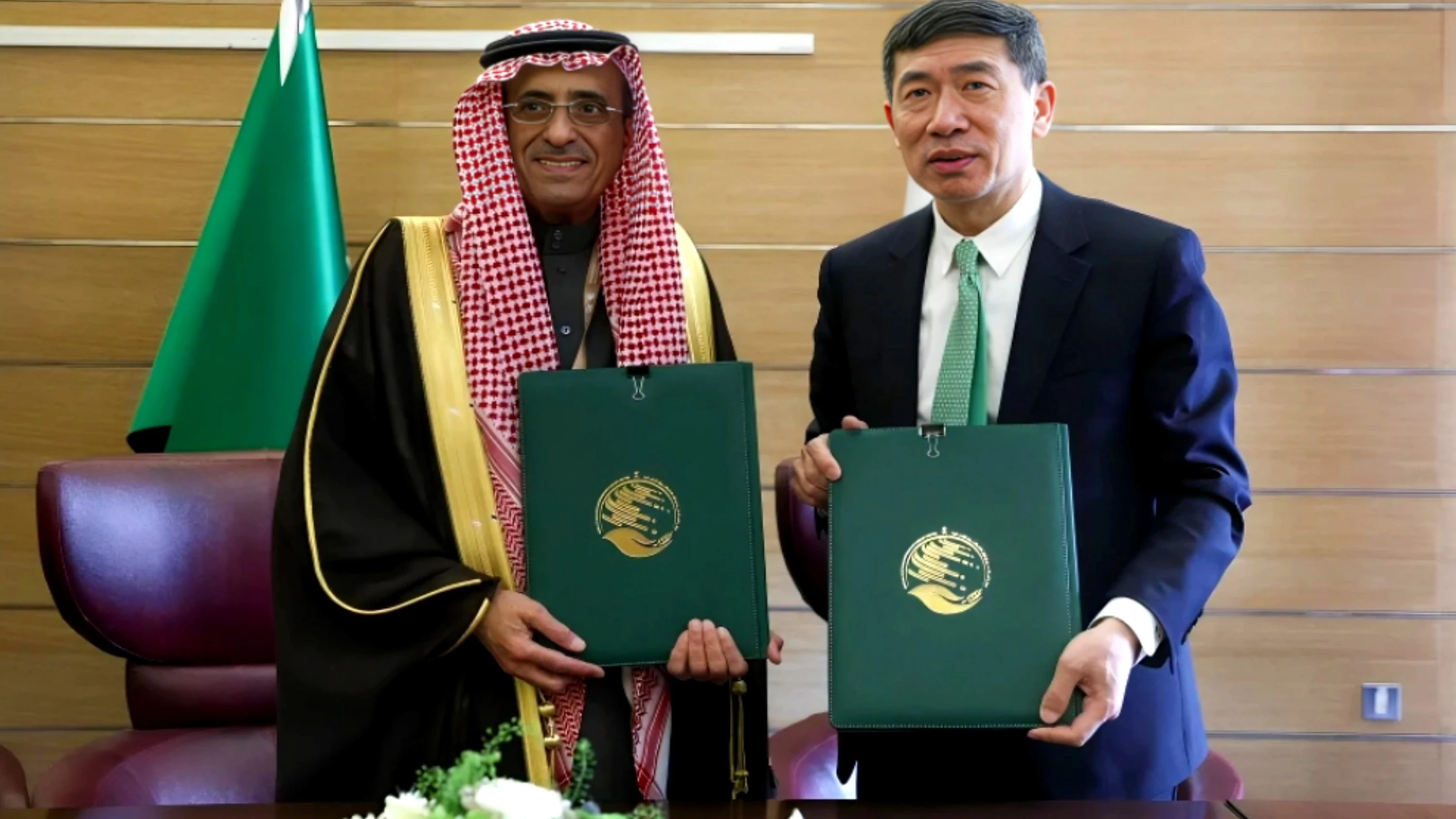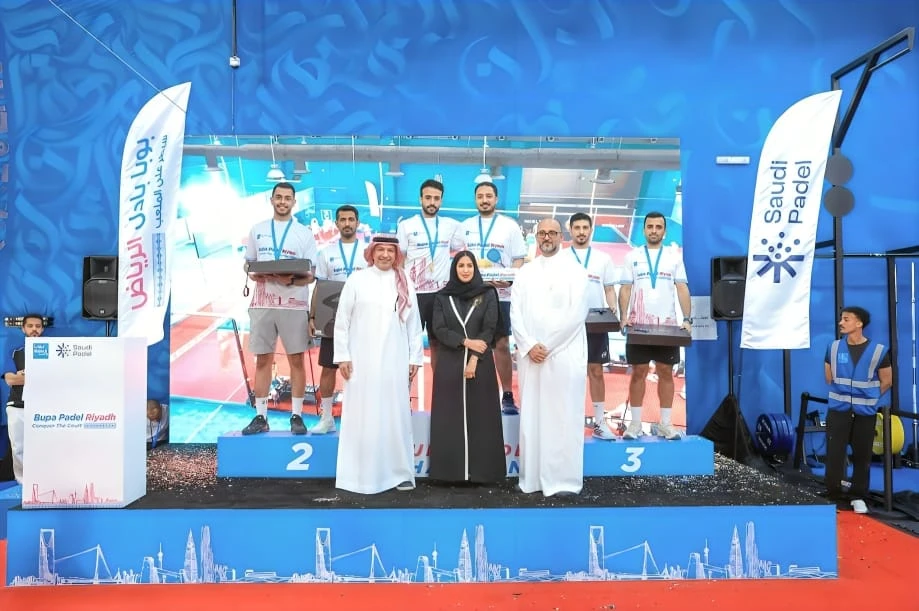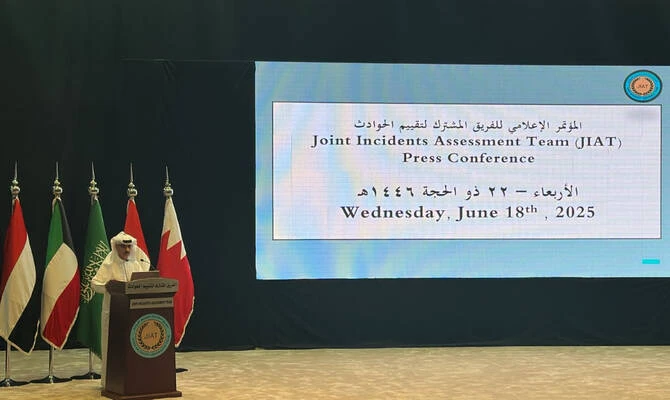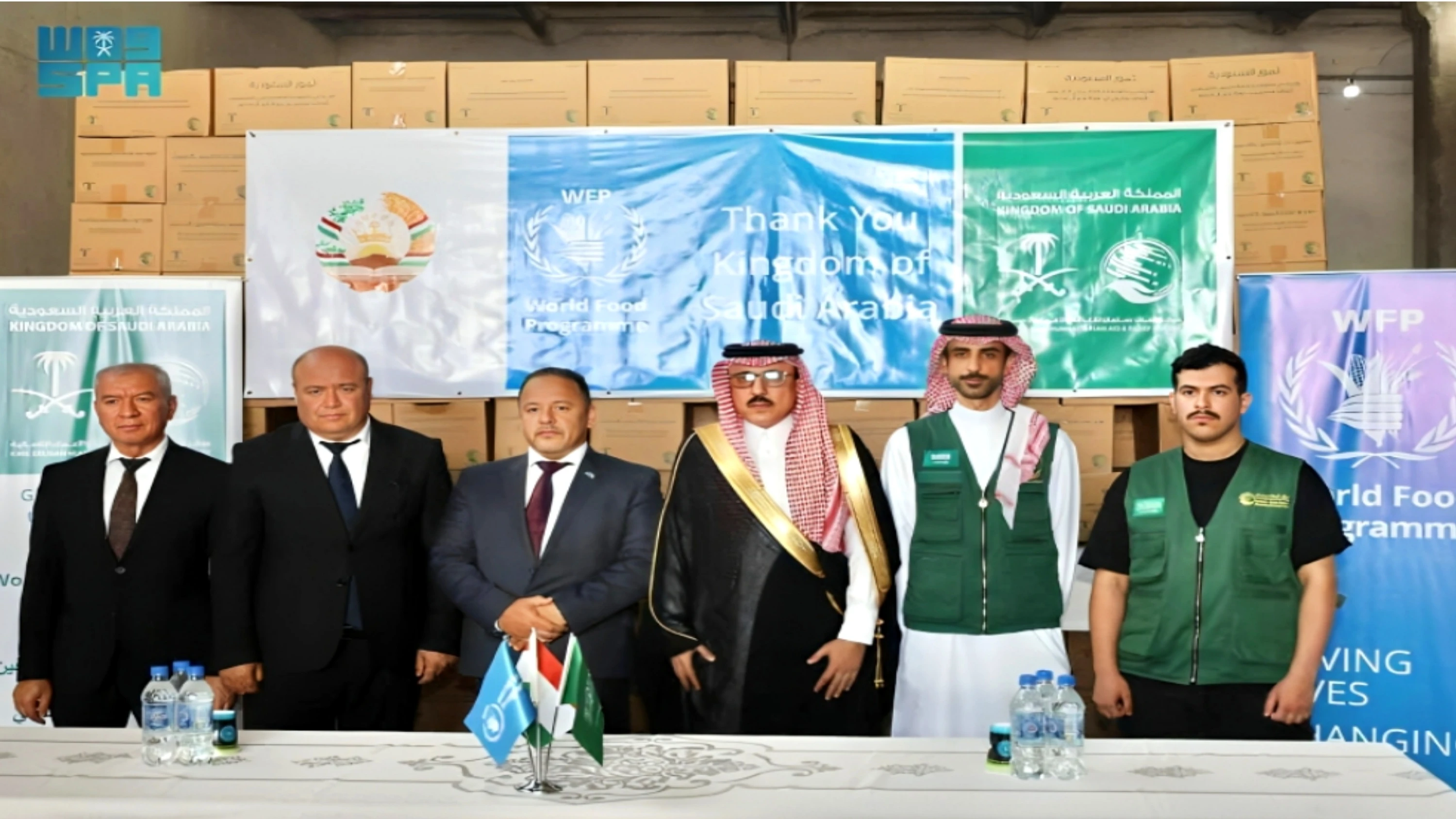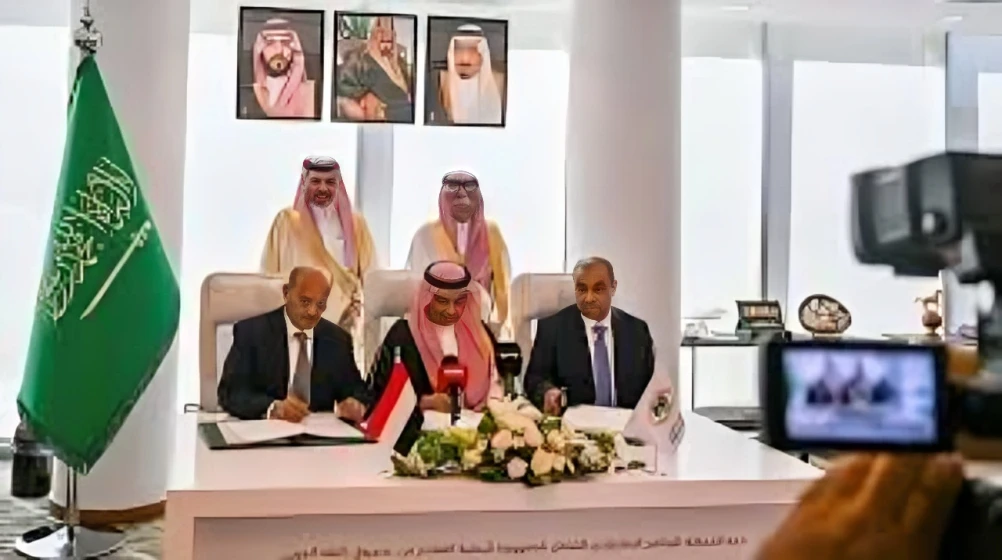Jeddah: A competition aimed at promoting Islamic values and leveraging new technologies to make Qur’an studies more accessible for people with disabilities hosted in Jeddah under the patronage of Prince Saud bin Abdullah bin Jalawi, governor of Jeddah.
The event, organized for the Hijri year 1446 AH, drew more than 1,000 participants and aimed to make Qur’anic education more accessible to people with disabilities, while also encouraging the integration of modern technology into religious studies.
The competition included five major categories: memorization and recitation, participation by people with disabilities, technological challenges in Qur’anic services, Qur’anic calligraphy, and a photography segment.
Winners and contributing institutions were honored by Prince Saud at the closing ceremony, which celebrated the achievements of young talents from across the region.
In the category for visually impaired participants, 17-year-old Ibrahim Shaheen from Egypt claimed first place, earning a SR7,000 ($1,866) prize.
Blind since birth, Shaheen memorized the entire Qur’an using braille by the age of 12.
Reflecting on his journey, he shared that he began at age nine and now reviews the full text every two weeks with ease and fluency.
One of the standout innovations from the event was the Wijdan app, which took the SR20,000 top prize in the technology challenge.
Developed by Radwa Ammar Abdel-Moaty, Suad Anis Al-Saadi, and Gharam Khalil Al-Sharabi from Jeddah University, the app bridges Islamic scripture with modern psychology.
It includes a chatbot capable of identifying user emotions and offering support based on Qur’anic teachings, alongside an emotion library indexing feelings found in the Qur’an and Sunnah.
The creators utilized advanced natural language processing (NLP), text-to-speech features for accessibility, emotion tracking, and AI-generated illustrations for children.
Another impactful project in the technology for disabilities category was “Talaa With Every Sign, a Verse is Recited.”
Created by Obay Rayan Ghulam and Aseel Ahmed Al-Hammadi, also from Jeddah University, the initiative allows deaf and mute individuals to learn and recite the Qur’an using sign language.
The team received a SR10,000 award for their work, which leverages deep learning and computer vision technologies, specifically the YOLO (You Only Look Once) model, to enable real-time sign recognition and feedback.
‘Obay’ emphasized the significance of serving the 55 million Muslims worldwide who are deaf, noting the severe lack of specialized tools available to this community.
The project aims to empower them with the independence to recite and study the Qur’an without needing interpreters, using devices that provide visual and interactive support.
Head of the judging committee for the technology challenge, Safaa Habeeb Allah, praised the competition for giving students a meaningful platform to contribute to the service of the Qur’an.
The event not only celebrated memorization and recitation but also demonstrated how Islamic traditions can be preserved and enhanced through cutting-edge innovation, ensuring broader access for all members of society.


